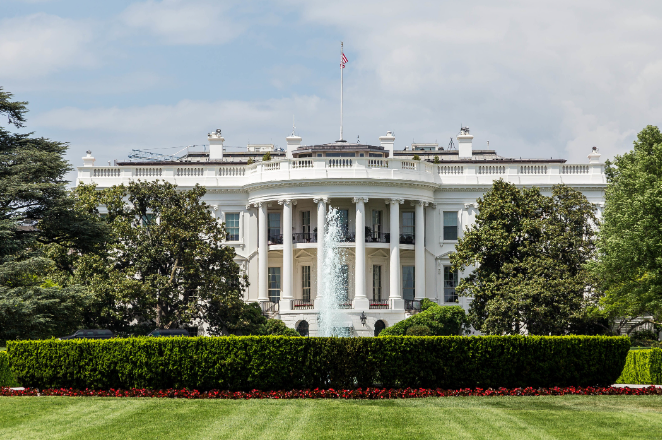The White House’s endorsement of the Transgender Day of Remembrance has initiated debates among critics. The purpose of this day is to honor the 26 transgender individuals who passed away this year, emphasizing the disproportionate representation of black women and women of color among the victims.
Nonetheless, critics point out the relatively low number of incidents in comparison to the country’s large population, using the example of 19 deaths related to lightning in 2022.
There have been situations in which individuals recognized as transgender lost their lives while engaging in violent activities. Manuel “Tortuguita” Teran, an Indigenous person associated with queer and non-binary communities, was renowned for their commitment to environmental activism.
Teran experienced a deadly shooting by law enforcement in a Georgia operation in January 2023.
Certain commentators contend that the observance serves a political agenda, asserting that it establishes a new category of victims. Detractors assert that Democrats are employing this strategy to attract backing from disenfranchised women voters seeking purpose and acknowledgment.
They also contend that the White House’s initiative, ostensibly directed toward transgender individuals, is manipulative and fails to address their genuine concerns.
Furthermore, as the focus remains on the sorrowful loss of life, several commentators express apprehensions about the exploitation of these incidents for political advantages. They scrutinize the genuine intentions behind these initiatives and their possible impacts, particularly on young women affiliated with the Democratic party. The portrayal of transgender issues as a litmus test for the party’s stance on various fronts, encompassing transgenderism, climate, and immigration, has also faced examination.
The ongoing discussion about the “Transgender Day of Remembrance” continues to raise inquiries regarding the broader socio-political context within which these issues are deliberated.
The increasing presence of LGBTQ+ individuals and the endorsement of equality policies among Millennials and Generation Z hold noteworthy consequences for forthcoming elections.
With the aging of the American population, these demographics will constitute more sizable portions of the populace, influencing the voting-eligible population. As younger generations exhibit elevated rates of LGBTQ+ identification, the presence of this community is growing within the demographic landscape of the United States.













